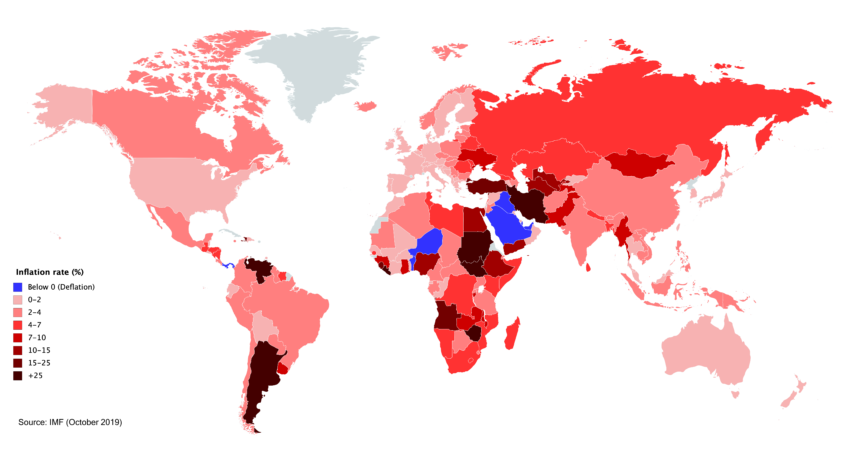Venezuela has been hit by a new wave of violence, and an economic crisis as a result of allegations that the presidential election in favor of Nicolas Maduro was fraudulent. The accusations sparked widespread protests that resulted in death, injury, and many arrests. They further destabilized an already fragile country.
Political turmoil and protests escalate
Recent Venezuelan presidential elections have been marred with accusations of fraud. This has sparked violent protests. The legitimacy of Nicolas Maduro’s election has been questioned, causing widespread unrest as well as a harsh response by the security forces.
Venezuela has already been suffering from a precarious economy, plagued by political instability, soaring inflation and declining oil revenue for many years.
Venezuelan economic collapse continues
Venezuelan economy is in freefall. Hyperinflation, mass migration of Venezuelans seeking new opportunities overseas and hyperinflation are all contributing factors. Asdrubal Oliveros of the consulting firm Ecoanalitica highlighted that Venezuela’s economy has shrunk by 70% between 2014 and 2021. It is now at its lowest level in history.
The path towards full recovery is still difficult, even though the country has passed the period of hyperinflation in 2018 and 2019. Venezuela’s projected GDP will reach $102.3billion in 2024. This is a dramatic contrast from its levels before the crisis.
By 2023 the national debt will have risen to $4,2 trillion dollars. This is a further deterioration of economic conditions. The official rate of unemployment is 5.5%. However, it does not reflect the underemployment or informal market that exists in this country.
Economic instability that persists
Despite no longer having the highest inflation rate in Latin America–surpassed by Argentina’s over 200% inflation–Venezuela’s inflation rate remained above 50% as of June 2024.
The Venezuelans are suffering from this persistent inflation, as the minimum wage has remained at 130 bolivares ($3.50 approx.) since March 20, 2022.
As a response, Maduro increased the state bonuses for May 2024. These included a minimum wage hike, an additional $40 in food, and a “Economic Warfare Bonus”, which was increased from $60 to $90.00.
Over 80% of people live in poverty, and another 53% are in extreme poverty.
Venezuela’s recovery struggle is multi-faceted, as evidenced by the economic difficulties, political challenges and ongoing social problems.
Mixed economic indicators
On a quarterly basis, the Venezuelan Observatory of Finance reported that the Venezuelan economy grew by 3.6% during the second quarter of the year 2024. This is up from the 2% growth in the quarter before.
In an interview with ICD, Aldo contreras, a leading economist, noted that, while the country’s economy continues to grow annually, it is still a far cry from a decade earlier. The GDP of the nation has dropped from $470 to $75 billion.
The economy is in a major decline despite modest gains due to inflation control and an increase in commodities production. Economic activity has dropped by approximately 75% from 2013.
Contreras highlighted the positive impacts of the primary sector, including increased oil production, as well as the increasing export potential of avocados, cacao, and passion fruits, which has driven consistent economic activity.
Venezuela is still struggling with a tiny economy that struggles to exceed its previous nominal GDP levels and per capita.
Contreras noted that the GDP per capita has dropped from $15,500 to $2,500 or $3,000.
The stark contrast between the two shows that we need to continue our efforts in order to transform economic progress into improvements of living standards, and human development.
Venezuela is at a crossroads, with a mix of political turmoil, economic hardship, and social unrest.
In order to overcome these obstacles, the nation must adopt a holistic and sustainable approach in terms of economic recovery. It is also important that it addresses the needs and concerns of its people. To achieve national stability and prosper, it is crucial that all sectors grow and undergo long-term reforms.
The post Venezuela crisis: Protests, economic decline and election fraud accusations may change as new information becomes available
This site is for entertainment only. Click here to read more






